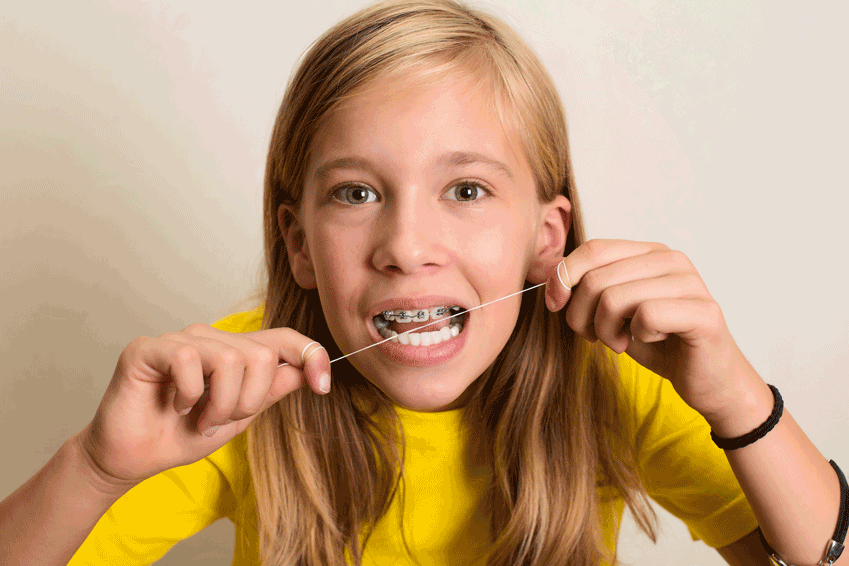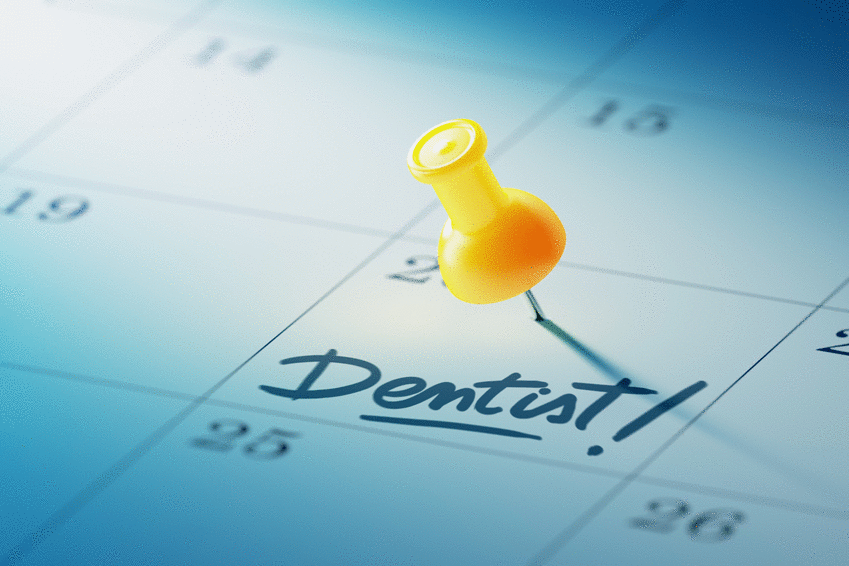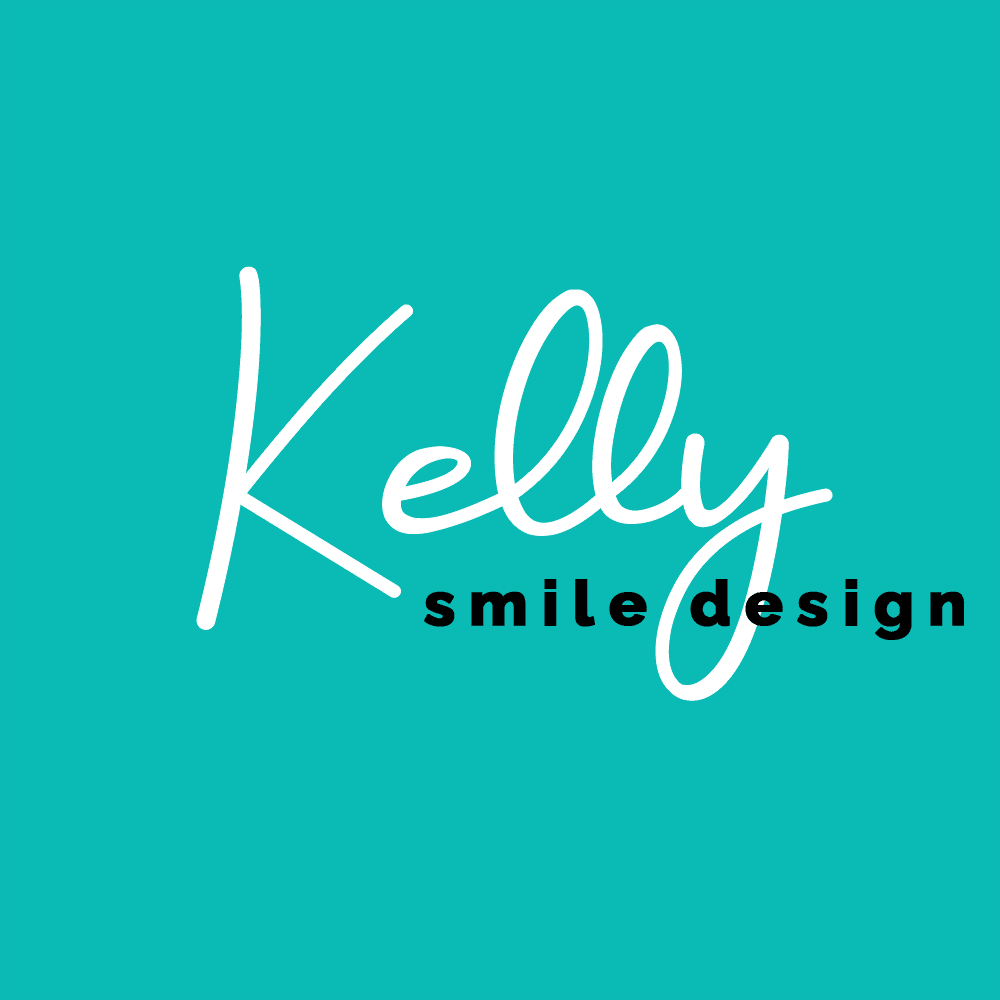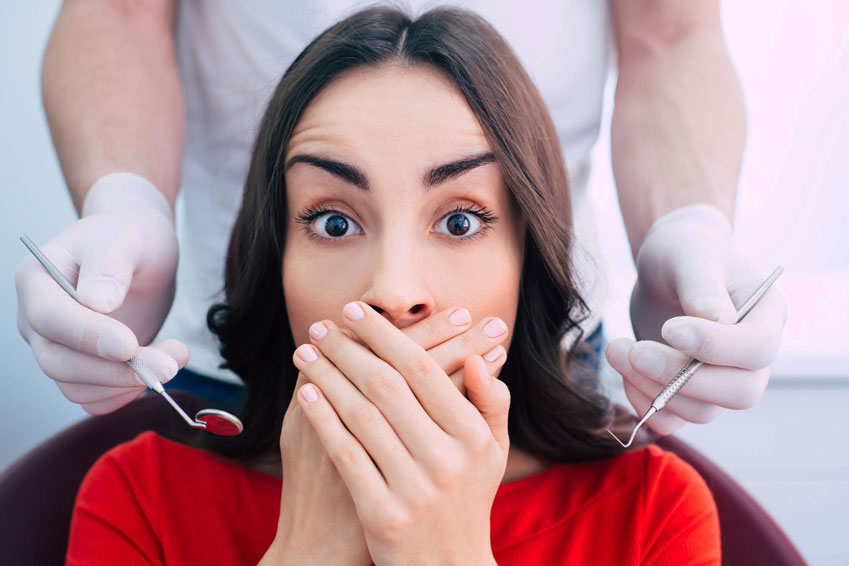Healthy teeth are important for a healthy life, as studies have linked poor oral health with heart disease and other serious health problems.
Most people know the importance of reducing their sugar intake to maintain healthy teeth, but it’s also essential to have a good oral health routine. Here are a few suggestions that you can follow, and also discuss with your dentist.
Use the Right Brushing Technique
Of course, brushing your teeth twice a day removes most of the plaque before it damages your teeth, but using the right brushing technique can also make a huge difference. Experts recommend setting a timer for two minutes, as this is how long it should take to clean your teeth effectively.
Dentists and other professionals advocate a variety of brushing techniques, but as a starting point, hold your toothbrush at a 45-degree angle, as this helps to clean under the gum line. Use small circular motions over the front, back and chewing surfaces to help reach all areas of your teeth.
Apply gentle pressure – avoid scrubbing too hard, as this can damage your tooth enamel and gums. Apply a little extra pressure when cleaning the chewing surfaces of your teeth, as these often contain crevices where food particles get stuck.
Choose the Right Tools
Manual and electric toothbrushes can be equally effective for keeping your teeth healthy, although electric toothbrushes can make the brushing process quicker and easier. Choosing the right head is more important than the type of toothbrush you use.
Look for soft or medium bristles rather than hard ones, as hard bristles can damage teeth and gums, sometimes leading to infection.
Choose a toothbrush with a head that is small enough to reach right to the back of your mouth.
Clean Inter-Dental Spaces
Food debris, plaque and bacteria can all gather and become trapped between the teeth. Cleaning between the teeth at least once a day is essential for good oral health. You can use inter-dental brushes, floss or floss picks (sometimes known as flossers or floss harps) to clean inter-dental spaces.
When using floss or floss picks, it’s important to angle the floss so it wraps around the edges of the tooth. Use a gentle up and down motion to dislodge plaque from the tooth. Make sure to floss under your gum line, as this is where bacteria and plaque can thrive.
If you prefer to use inter dental brushes, use a back and forth motion around your gum line and remember to clean the brushes thoroughly after use. There are also other options, such as water flossing, for cleaning inter dental spaces, but they may not be suitable for everyone. Experiment with different techniques to find the right option for cleaning between your teeth.
Don’t Forget Your Tongue
The surface of the tongue is an ideal place for bacteria to thrive as it’s full of crevices and cracks where food particles and bacteria can hide. Bacteria on the tongue is also one of the most common causes of bad breath. Cleaning your tongue every day is just as important as brushing your teeth. Many toothbrushes include a tongue cleaner on the back of the brush, but you can also use a tongue scraper, or even the bristles of your toothbrush.
Whatever you use to clean your tongue, it’s important to start at the back of your mouth and work forward in long strokes. Never start at the front of your tongue, as you risk pushing bacteria further back. Apply firm but gentle pressure to scrape bacteria from the back of your tongue and out of your mouth. If your tongue hurts or bleeds after cleaning, you are using too much pressure.
Avoid Alcohol-Based Mouthwash
Alcohol reduces the amount of saliva produced in the mouth, which can leave your teeth more vulnerable to plaque. If you use mouthwash regularly, check the ingredients, as many popular mouthwashes contain alcohol.
Most people don’t need to use mouthwash, but if you like the fresh feeling of a minty rinse, opt for one that’s alcohol-free. In addition, avoid using mouthwash straight after brushing, as it will wash away the fluoride protection of your toothpaste.
Protect Your Teeth While You Sleep
Saliva performs an important role in helping to neutralize and control bacteria in the mouth. However, saliva production is reduced while you’re asleep, making it easier for harmful bacteria to thrive. Fluoride toothpaste can help by providing your teeth and gums with a protective coating.
Brushing your teeth last thing at night with a fluoride toothpaste will help to protect against bacteria while you’re asleep. Spit out any excess toothpaste after brushing – but you may not want to rinse your mouth thoroughly, as you want to leave a thin film of fluoride on your teeth for as long as possible.
Don’t Put Off The Dentist!
Finally, it’s important to attend regular checkups with your dentist, as they will be able to spot the early warning signs of tooth decay, gum disease and even oral cancer. Your dentist will also be able to perform a deep clean to remove any plaque or tartar build-up on your teeth and around the gum line.
With this regimen in place, you’ll be able to keep your bright smile for a lifetime.

























